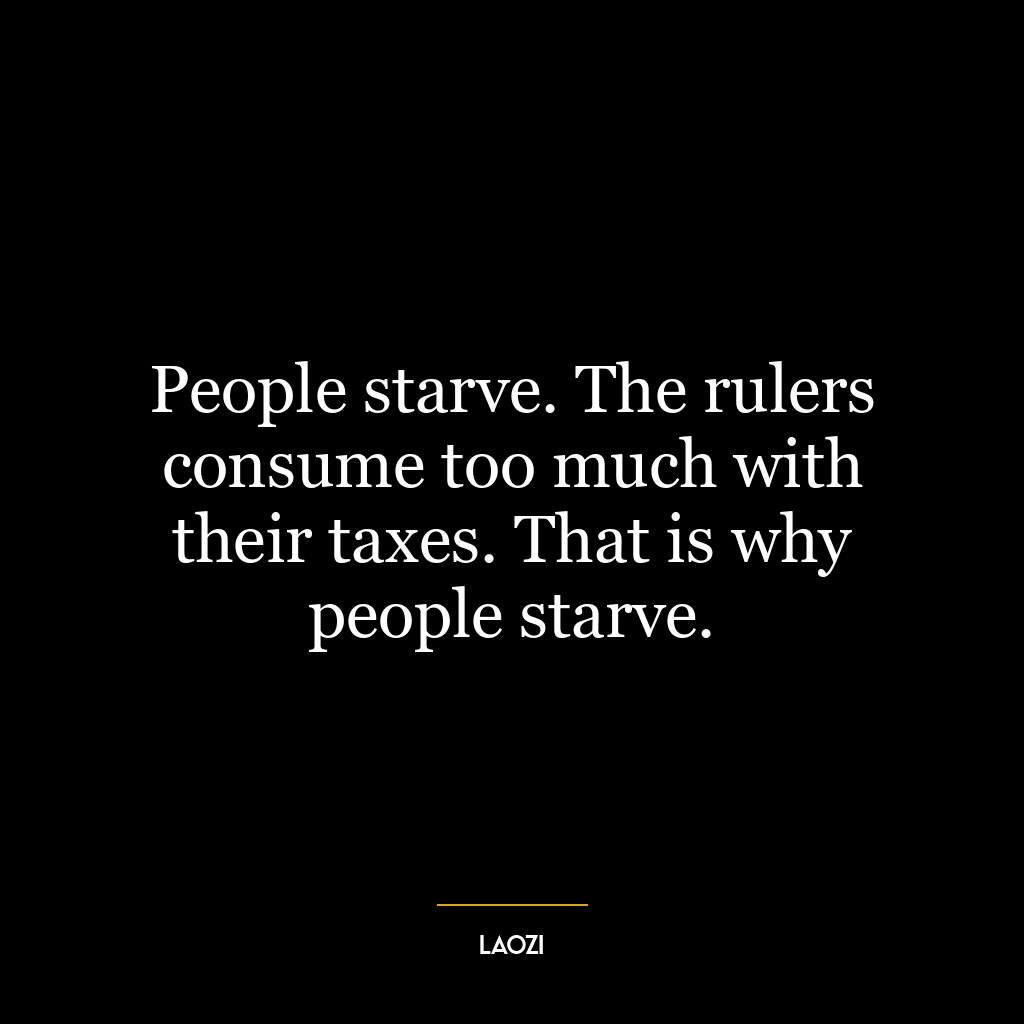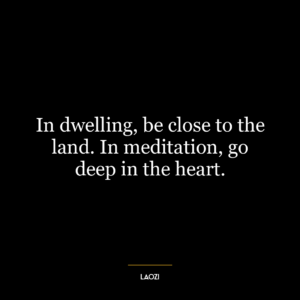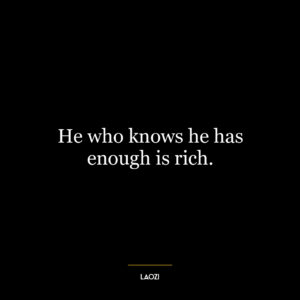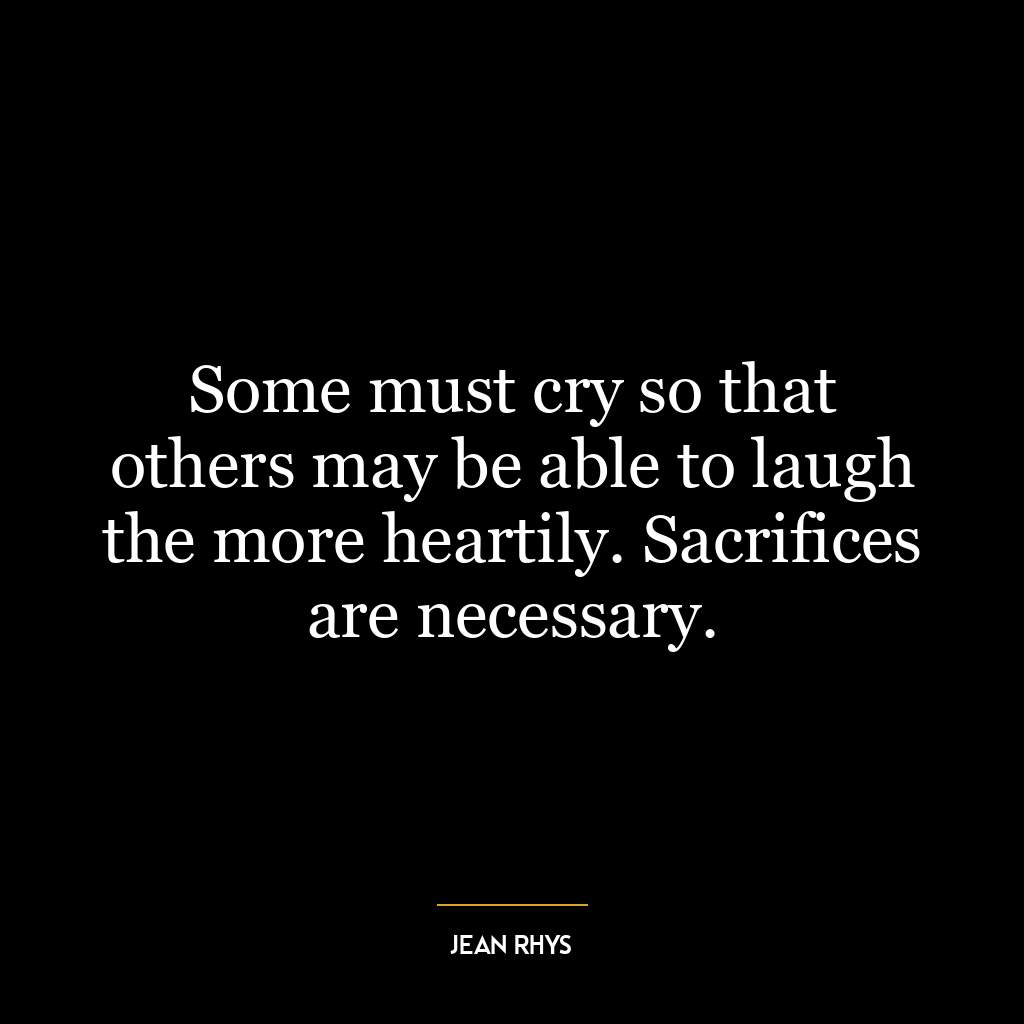People starve. The rulers consume too much with their taxes. That is why people starve.
This quote by Laozi speaks to the issue of economic inequality and the imbalance of wealth distribution, particularly in the context of governance. It suggests that when those in power impose heavy taxes or take more than their fair share, it leaves the majority, the common people, in a state of deprivation or ‘starvation’. This ‘starvation’ may not only represent physical hunger, but also poverty, lack of resources, or social opportunities.
The concept can be applied to today’s world in several ways. For instance, in the socio-political context, it could be a critique of governments that impose heavy taxes on their citizens while failing to provide adequate public services. This could lead to increased poverty and social inequality, as the ‘rulers’ are consuming more than their fair share at the expense of the ‘people’.
In terms of personal development, this quote could be interpreted as a caution against greed and selfishness. It suggests that taking more than one needs can lead to deprivation for others. This idea can be applied to various aspects of life, such as wealth, time, or resources. For instance, if someone spends an excessive amount of time on personal pursuits at the expense of their relationships, it could lead to a ‘starvation’ of those relationships.
Moreover, it could also be a call to action for individuals to be mindful of their consumption habits, and to strive for a balance that ensures they’re not taking more than their fair share from the collective pool of resources, whether it’s in their workplace, family, or community. This could lead to a more equitable distribution of resources, and ultimately, a more harmonious and prosperous society.















